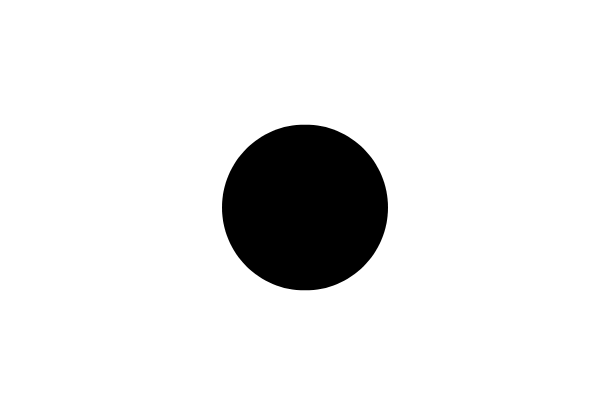
Even though there are still quite a lot of people in the Czech Republic who do not want to hear it, the statistics and Czechs speak loud an clear: We are much better off now than before 1989. Be it life expectancy, health care, air quality, availability of products or the ability to travel.
We will fulfill out plans!
The concept of “hunting around for something” has all but disappeared. It is now wonder. For a long time now “imported” products are not something to be obtained under the counter or at specialty Tuzex stores. Customers are now inundated with offers. “While in 1985 the average Czech needed five monthly pay checks to buy a colour TV, now one pay check can buy approximately two and half television sets,” says the Czech Statistical Office.
This country, its inhabitants, politics, everyday life and the world around us have changed beyond recognition since 1989. And yet in the summer of 1988 the central committee of the Communist Party planned agricultural strategies for years ahead and believed that “preparations for the plan for 1990 will rely on the effective mobilization of communists and all working people to fulfill that year’s goals with minimal divergence from the eighth five-year plan”.
Mirek Topolánek, who was 33 years old at the time, was head system developer for the Ostrava branch of Energoprojekt. Jiří Paroubek held top managerial positions (heading the restaurants and canteens department). Václav Klaus worked in the Prognostic Institute of the Czech Academy of Sciences.
The unemployment rate in Czechoslovakia was at a level capitalist countries could only dream about – 0%. The average monthly salary was around 3,170 crowns. That same year, British scientist Tim Berners-Lee invented the World Wide Web, the basis for the internet.
Batman and a sunk submarine
Thanks to this invention, we can today aid our imperfect memories and look up all the events that took place in the late 1980s, and all the things people living in Czechoslovakia at the time often didn’t even find out about.
In January Cuban troops began withdrawing from Angola and the first satellite with GPS navigation – something commonly used today – was placed in Earth’s orbit. In February the Soviets officially confirmed the withdrawal of its troops from Afghanistan. The Soviet submarine Komsomolec sank in the Barents Sea and its crew of 42 died.
In April protests against the Chinese regime began on Tiananmen Suare, and in the United States the film Batman premiered. In August Polish President Wojciech Jaruzelski named Solidarity leader Tadeusz Mazowiecki Poland’s first non-communist prime minister in 42 years.
Czechoslovakia qualified for the football world championship in Italy, and Ostrava native Ivan Lendl won the Australian Open. Former Hungarian Prime Minister János Kádár, the actor Laurence Olivier and Japanese Emperor Hirohito passed away.
At the end of September German Foreign Affairs Minister Hans-Dietrich Genscher gave a speech in Prague from the balcony of the German embassy addressed to East German compatriots.
And then 17 November and the events at Národní třída arrived in Czechoslovakia. On 3 December 1989 in Malta US President Bush and Soviet leader Mikhail Gorbachev agreed to end the Cold War.
Translated with permission by the Prague Daily Monitor.













